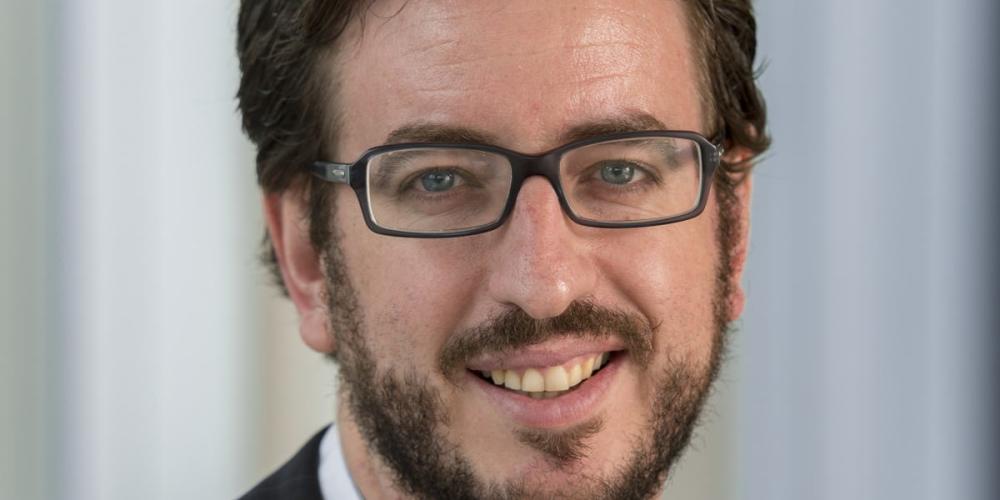
Research on the EU's position on the world stage
VUB professor Luis Simón has been awarded an ERC Consolidator Grant of 1.7 million euros for his project SINATRA 'Subject or Object? SINo-American competition and European sTRAtegic autonomy'. In it he examines the future position of the European Union on the world stage. Professor Luis Simón is Director of the Research Centre for Security, Diplomacy and Strategy (CSDS) at the Brussels School of Governance of the VUB. He is also director of the Elcano Royal Institute’s office in Brussels. The Consolidator Grant is paid by the European Research Council (ERC) of the European Union to "independent, outstanding scientists who are conducting groundbreaking scientific research of the highest quality."
Luis Simón regularly lectures on geopolitical and strategic affairs at various universities and defense academies in addition to his daily work at the VUB. His research has appeared in prestigious journals, such as International Affairs and Security Studies. Luis did his PhD in International Relations at the University of London, received a Master's degree from the Institute d'Etudes Politiques de Paris and was a postdoctoral fellow at the Saltzman Institute for War and Peace Studies (SIPA, Columbia University).
Can the EU decide autonomously?
Luis Simón's award-winning project SINATRA examines which factors account for Europe’s degree of autonomy in Sino-American competition. The increasing power struggle between the United States and China is probably the most important factor in contemporary and future international politics. The main innovation in his research is an original theory to explain how external actors combine coercion and incentives to influence EU policy, especially by undermining EU unity; how EU actors draw on those same strategies to preserve their unity and autonomy; and, critically, under which circumstances external or internal forces are likely to prevail.
Contradictory Research
The project challenges conventional wisdom in contemporary scholarship, which posits that the EU is poised to become either a subject or an object in Sino-American competition. A driving assumption of this project is that the EU will be subject and object simultaneously, and the focus will be on unpacking the mechanics of that tension.
Research Method
The project will combine quantitative and qualitative analysis, and zoom in on three areas of external policy: trade and investment; technology and infrastructure; and foreign and security policy.
European Research Council
The European Research Council (ERC) of the European Union is the first pan-European organisation for funding frontier research. Its aim is to stimulate scientific excellence in Europe by supporting the best, most creative researchers. In addition to the ERC Consolidator Grants for independent excellent scientists, the ERC awards the following funding: the ERC Starting Grants for young, starting top researchers, the ERC Advanced Grants for senior research leaders, the ERC Synergy Grants for several outstanding researchers who together have a synergistic effect on their research domains, and the ERC Proof of Concept Grants that allow researchers to take the first steps towards possible commercialisation of ERC-funded projects.